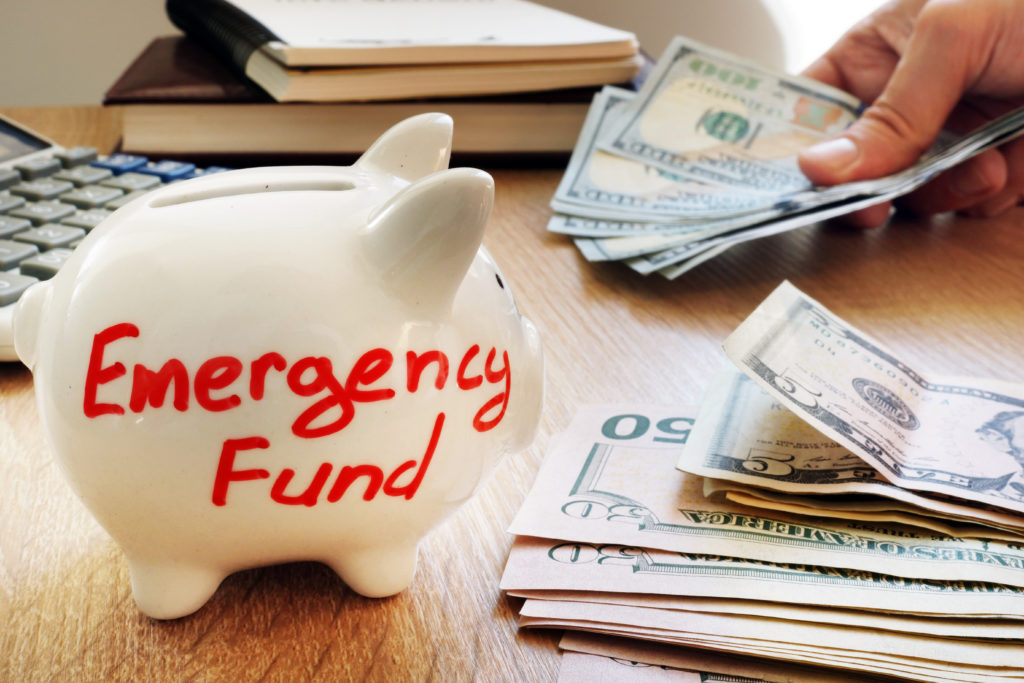|
|
How and When to Use Emergency Funds

Emergency funds serve as a financial safety net, providing peace of mind during unexpected crises. While the pandemic may no longer be the primary concern, understanding when to tap into your emergency fund remains crucial. Let’s explore the scenarios where using your emergency fund is both necessary and prudent.
The Purpose of Emergency Funds
Emergency funds are designed to help you weather temporary financial hardships, such as job loss or unexpected expenses. Experts recommend having three to six months’ worth of living expenses saved up. The key is to use this fund judiciously when the need arises.
When to Use Your Emergency Fund
Here are practical situations where accessing your emergency fund makes sense:
- Job Loss: If you’ve been laid off, file for unemployment benefits promptly. Be proactive in communicating with your landlord or mortgage lender to discuss relief options.
- Simplified Living: Cut non-essential spending. Ask yourself if a purchase is necessary or if it can be delayed.
- Lump Sum: If you receive a bonus, commission, or tax refund, allocate part of it to your emergency fund.
- Belt Tightening: Scrutinize your budget and reduce discretionary expenses. Consider postponing trips and canceling unnecessary subscriptions.
- Community Resources: Explore local food banks or government assistance programs like SNAP and WIC.
- Home Equity Line of Credit: If you’re a homeowner, consider opening a home equity line of credit as a financial safety net.
Remember, emergency funds exist to be used when needed. Prioritize essentials, plan wisely, and explore alternatives if additional funds become necessary.
Visit https://www.kwikcashonline.com to learn more!
